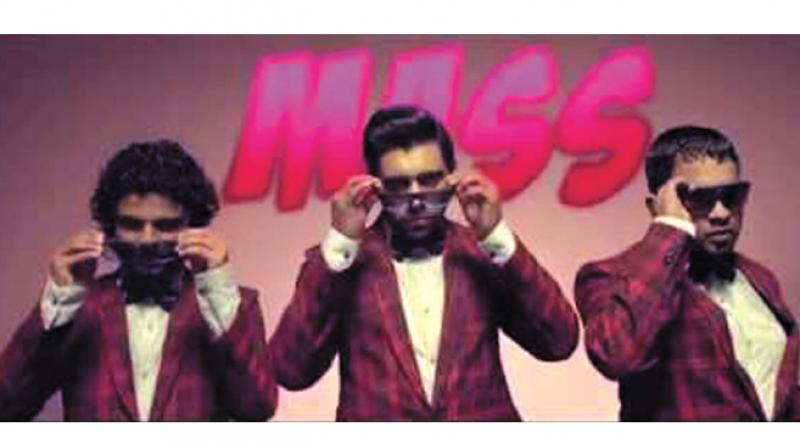Rise of the Slang'uage
Every generation has seen the rise and overuse of a slang.

“What all are catchy Malayalam words for someone who wants to learn Malayalam to show off?’ was a question posted on a popular question and answer site. The answers that followed were a list of slang terms which are popular in various parts of the state. Words that are downright laughter-inducing due to the contextual references they have with numerous scenes from Malayalam movies.
Every generation has seen the rise and overuse of a slang. Adipoli, ‘Buddy’, ‘Hey Man’, ‘Dude’ are some of the earlier slangs popularised through movies. ‘Scene contra’, ‘Bro’, ‘Mass’ and Kidu have been in vogue for the past two years. The latest addition to this list is Saho the abbreviated form of Sahodaran the transliteration of ‘Brother’ and ‘Bro’ popularised in the movie Kattapanayile Rithwik Roshan.
How do these slangs impact the growth of the language and the young crowd?
Young script writer Deepu Pradeep, who penned Kunjiramayanam, says, “In my opinion, there is a rise in the trend of using slangs in movies. Basically, these are words that used to exist in small friend circles or in an area. By using these slangs in a movie, it reaches out to the rest of the public.”
Do social media have a lot of influence? “I believe, more than social media, it is about hearing a fresh word from someone and then finding out its meaning and contextual usage that makes it interesting for us to use it in a movie dialogue.”
Vishnu Unnikrishnan, script writer and lead actor of Kattapanayile Rithwik Roshan, says, “People who have watched the movie are texting me by addressing me saho.” He elaborates, “In the previous movie that I penned with Bibin George, Amar Akbar Anthony, friends call each other Pankaali (partner). So we wanted to use something similar this time. Since ‘bro’ is a popular slang now, we thought of translating it and came up with Saho. People seem to like that term.”
When asked about such additions to the language, writer and historian K.L. Mohana Varma says, “Back when I was in college Aliya was a popular term. But then that slowly it went out of trend and today there are so many others like it. I think such changes are good for the growth of the language.”

